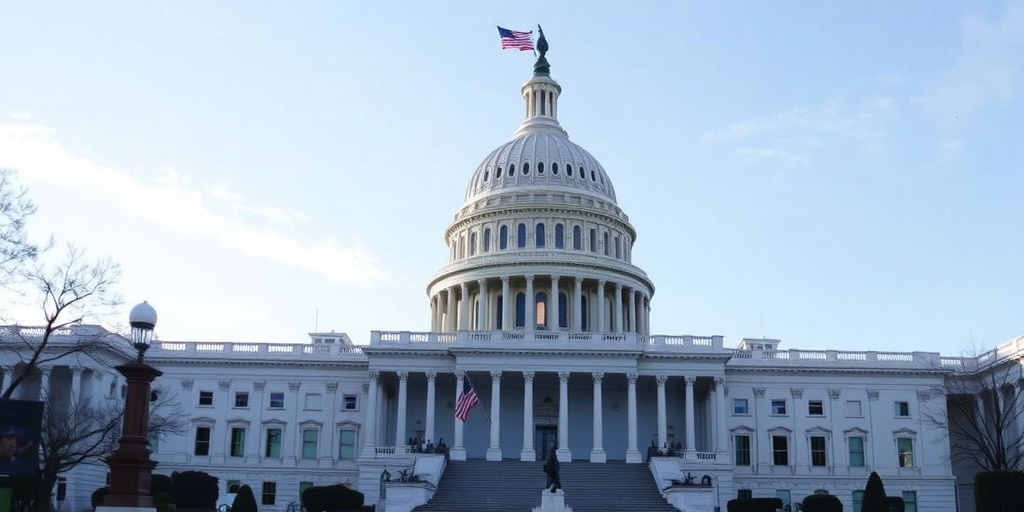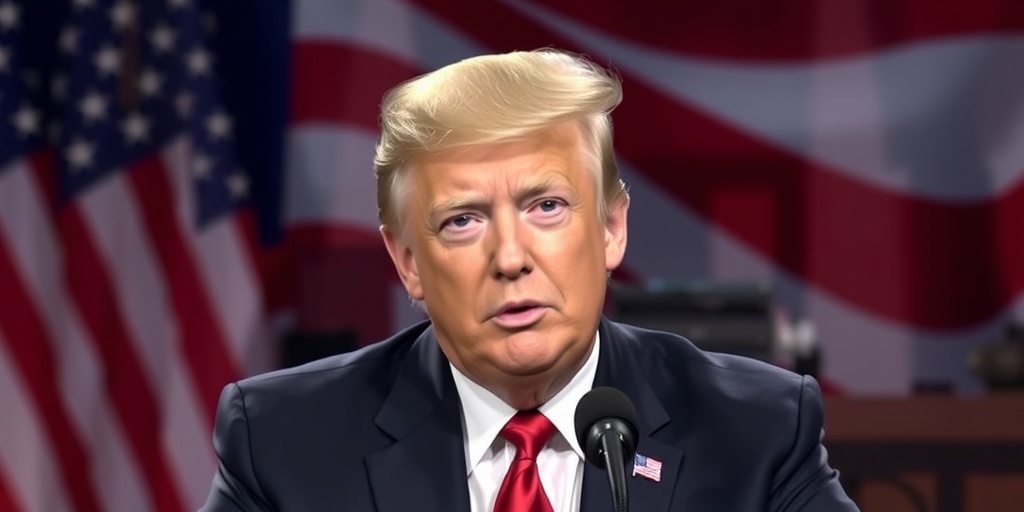Now Reading: Oil Producers Boost Output Following Trump’s Tariffs
-
01
Oil Producers Boost Output Following Trump’s Tariffs
Oil Producers Boost Output Following Trump’s Tariffs

OPEC Plus Accelerates Oil Production Amid Global Economic Concerns
In a significant announcement on Thursday, eight members of the OPEC Plus oil cartel, led by Saudi Arabia, revealed plans to accelerate their previously established timetable for gradually increasing oil production by approximately 2.2 million barrels per day. This decision comes at a time when global economic conditions are precarious, and the oil market is closely watching the dynamics of supply and demand.
The announcement specified that these producers, which include notable member Russia, will collectively increase their oil output by a combined 411,000 barrels per day starting in May. This increase is notable as it is equivalent to three monthly increments that were already scheduled for future months. In March, OPEC Plus had reached a consensus to begin raising production levels this month, signaling a shift in strategy amid fluctuating oil prices.
As a direct consequence of the impending increase in oil supplies, the market reacted sharply, with oil prices tumbling significantly. Brent crude, which serves as the international benchmark for oil prices, experienced a drop of 6 percent, while West Texas Intermediate (WTI), the American standard, saw a decline of 6.6 percent. These shifts in oil prices reflect a confluence of factors, including fears that escalating trade tensions could hinder global economic growth.
Interestingly, the fall in oil prices offered a glimmer of hope for the global economy, which is grappling with numerous challenges. On the same day that oil prices plummeted, stock markets around the world also faced turmoil following the announcement of tariffs by President Trump on American trading partners. The tariff-related fears coupled with fluctuating oil prices have sent mixed signals about the resilience of the global economy.
The motivations behind OPEC Plus’s decision to accelerate oil production are multi-faceted. Some analysts interpret the move as a calculated gesture to appease President Trump, who has been pushing for lower gasoline prices to benefit American consumers. Notably, the Saudi government has maintained a favorable relationship with Trump since his re-election, even playing host to talks aimed at resolving the ongoing conflict in Ukraine, a situation exacerbated by Russia’s actions in 2022.
In their official communication, OPEC Plus indicated that their decision was made “in view of the continuing healthy market fundamentals.” Despite assertions that the action was not intended as a direct response to Washington’s demands, market experts suggest that Trump is likely to view lower oil prices positively.
Helima Croft, the global head of commodity strategy at RBC Capital Markets, noted in a research report that while the decision to accelerate production may not have been made explicitly to placate the U.S. administration, it is nonetheless likely to be well-received by the President. In her view, the move indicates that Saudi Arabia is willing to take a robust stance against any member of the coalition that exceeds their production quotas. This decision serves as a deterrent, demonstrating that if members do not play by the rules, the Saudis are prepared to ramp up production to either lower prices or penalize those who flout the limits.
Croft suggested that the decision represents a high-stakes balancing act for Saudi Arabia, aimed at establishing both credibility and deterrence in its dealings within the cartel. The kingdom is positioning itself as a firm arbiter of the oil market, determined to maintain a coordinated production strategy while simultaneously managing its relationships with both its allies within OPEC Plus and external powers like the United States.
Looking back at the history of OPEC, there are instances when Saudi Arabia has previously increased output to encourage compliance among cooperative members. Analysts point to Kazakhstan as a potential focal point for this latest warning; the country allegedly exceeded its production quota by approximately 700,000 barrels per day in March. Furthermore, expansion projects, particularly the Chevron-led development of the Tengiz oil field near the Caspian Sea, are expected to add significant volumes to Kazakhstan’s oil output in the near future.
In conclusion, the decision by OPEC Plus to up its oil production pace presents a complex interplay of market strategy and geopolitical influences. As the global economy continues to navigate turbulent waters, the implications of these production changes will resonate far beyond the oil markets, impacting consumers, investors, and policymakers worldwide. Only time will tell how these dynamics will shape the future trajectory of oil prices and global economic health.
Stay Informed With the Latest & Most Important News
Previous Post
Next Post
-
 01New technology breakthrough has everyone talking right now
01New technology breakthrough has everyone talking right now -
 02Unbelievable life hack everyone needs to try today
02Unbelievable life hack everyone needs to try today -
 03Fascinating discovery found buried deep beneath the ocean
03Fascinating discovery found buried deep beneath the ocean -
 04Man invents genius device that solves everyday problems
04Man invents genius device that solves everyday problems -
 05Shocking discovery that changes what we know forever
05Shocking discovery that changes what we know forever -
 06Internet goes wild over celebrity’s unexpected fashion choice
06Internet goes wild over celebrity’s unexpected fashion choice -
 07Rare animal sighting stuns scientists and wildlife lovers
07Rare animal sighting stuns scientists and wildlife lovers





















